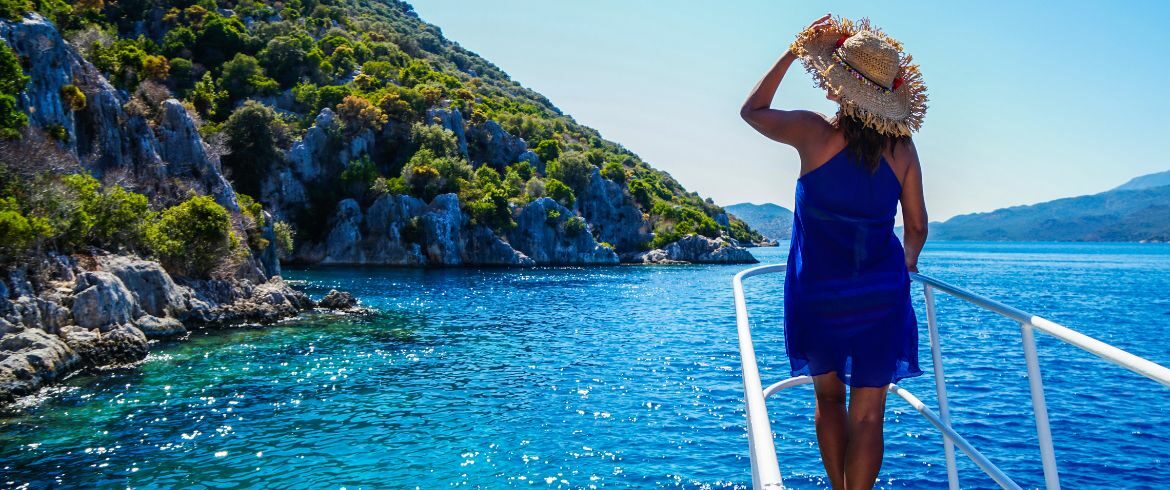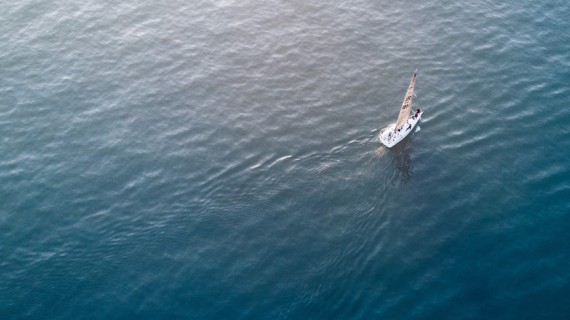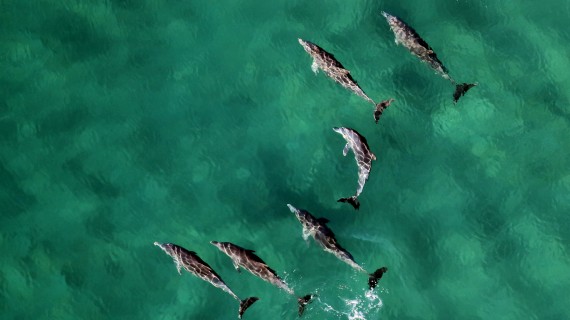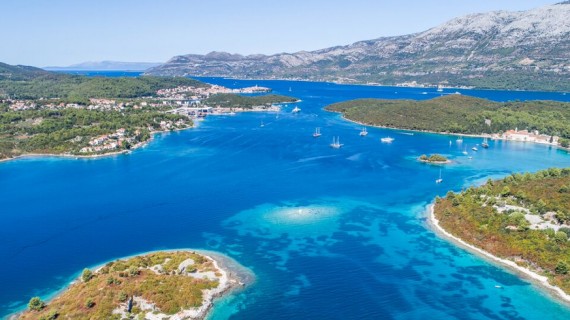Marine conservation refers to preserving and protecting marine environments, species, and resources. This includes efforts to maintain the natural balance of ecosystems, prevent pollution and habitat destruction, and promote sustainable development. Sustainable boat trips are tours that are designed with the goal of minimizing environmental impact while providing travelers with an opportunity to experience marine biodiversity and conservation efforts.
Sustainable boat trips offer fertile ground for environmental education, eco-tourism, and wildlife viewing while contributing to marine life conservation. This article provides a detailed overview of sustainable boat trips and marine conservation, highlighting the significance of the topic.
Preparing for a Sustainable Boat Trip
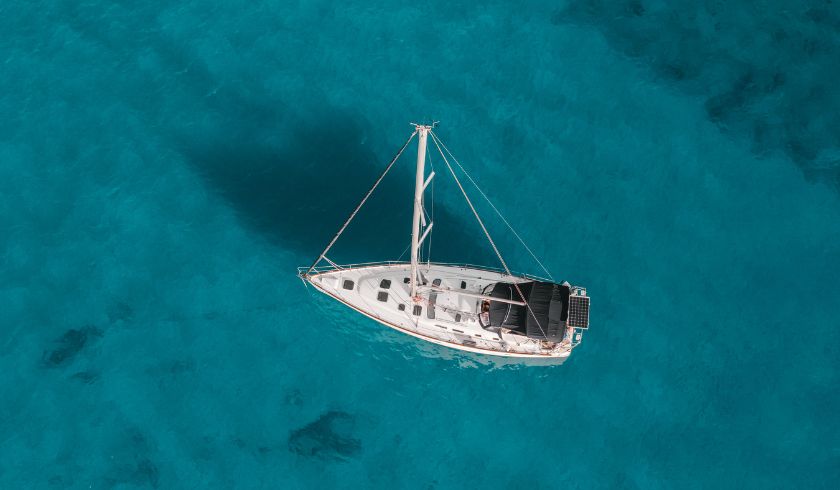
Embarking on a sustainable boat trip requires careful preparation to ensure that your vessel is equipped for environmentally responsible travel. Quality gear like the one from Boat Outfitters is key to keeping your trip safe and sustainable.
Here are some steps you can take to prepare your boat for a sustainable trip:
- Research your destination: Before setting sail, research the destinations you plan to visit and identify eco-friendly activities such as snorkeling, diving, and visiting marine reserves. This will help you sustainably plan your itinerary.
- Pack sustainably: When packing for your trip, choose environmentally and socially responsible products such as reef-safe sunblock, biodegradable soap, and durable yet environmentally safe clothing. Avoid single-use plastics and opt for reusable products such as water bottles and food containers.
- Consider conservation fees: Some conservation activities may require a fee, but these charges often go towards supporting local conservation initiatives. Plan your budget accordingly and prioritize activities that support sustainable tourism.
- Check your boat’s environmental impact: Before departing, ensure that your boat meets environmental regulations and is equipped with features such as bilge filters, waste management systems, and fuel-efficient engines. Consider choosing a sailboat: sailing is more environmentally friendly as it harnesses the wind and sea without detriment to the environment. This will help minimize your boat’s environmental impact during the trip.
- Practice responsible boating: While on the water, practice responsible boating habits such as minimizing wake and speed, avoiding sensitive marine habitats, and properly disposing of waste. These small actions can go a long way in protecting the marine environment and promoting sustainable boating practices.
The Value of Marine Conservation
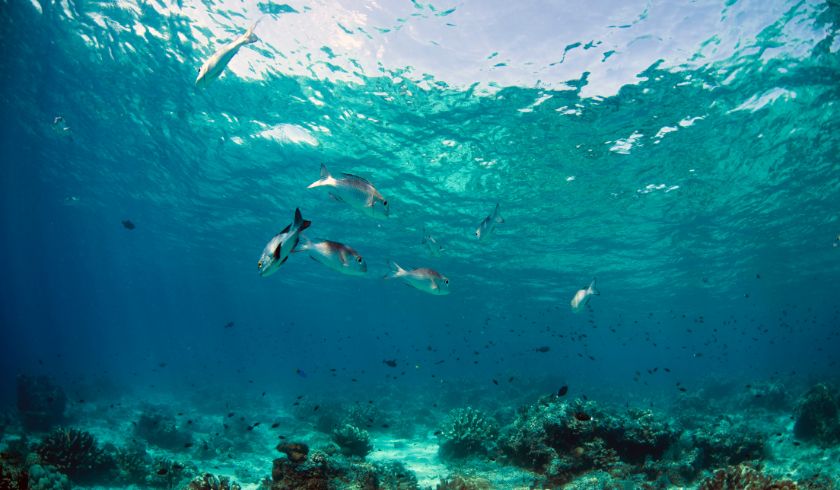
Marine life and resources are essential to the functioning of the earth’s ecosystem and the livelihood of millions of people around the world. The ocean is home to thousands of plant and animal species that serve as food, medicine, and recreation sources. Moreover, marine ecosystems play a critical role in regulating the climate, balancing terrestrial ecosystems, and protecting coastal communities from natural disasters.
Human activities, however, have had a severe impact on marine life. The destruction of coral reefs and mangroves, pollution of marine waterways, and overfishing have heavily disrupted the balance of the ecosystem, killing off species and threatening biodiversity across the planet. As such, preserving marine life and incorporating sustainable practices into commercial activities in the sector are vital.
Destinations for Marine Conservation Tourism
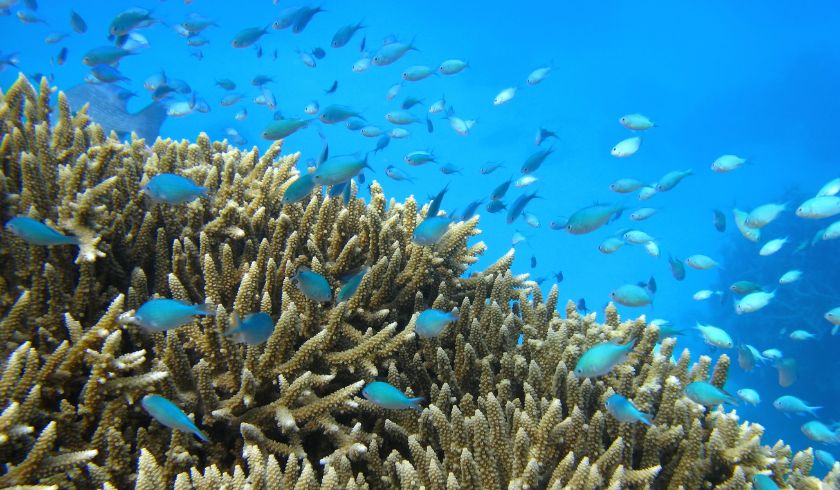
Sustainable boat trips offer a unique opportunity to explore marine environments and understand conservation’s value. Several Marine Protected Areas (MPAs) have been established worldwide to preserve ocean habitats and the wildlife inhabiting them, including dolphins, whales, sharks, turtles, and sea lions. Examples of these MPAs include the Great Barrier Reef in Australia, Galapagos Islands in Ecuador, and the Maldives.
Marine life at different destinations varies, with some regions being rich in coral reefs, while others support larger marine mammals. It is essential to conduct extensive research to understand the expectations at your intended travel destination. Participating in hands-on activities like coral planting, beach cleanups, and wildlife monitoring fosters responsible tourism as well as a sense of community participation in conservation.
Participating in Conservation
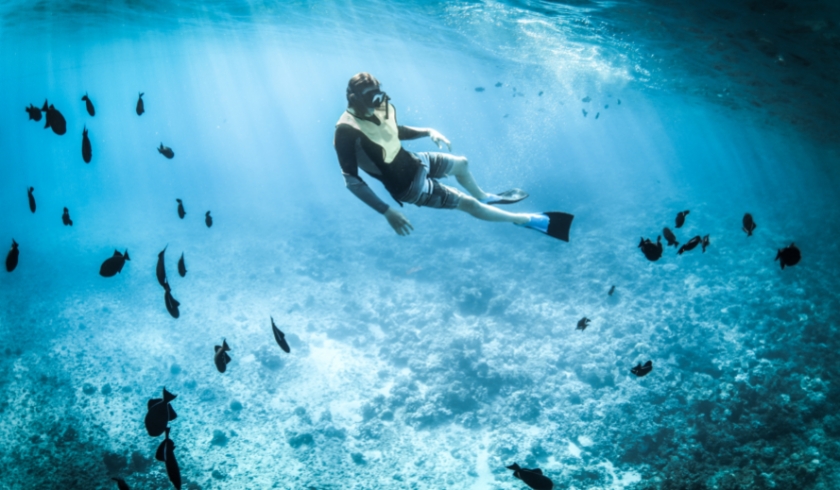
Different aspects of conservation activities are open to participation while traveling through marine habitats, leading to a greater understanding of the ecological functioning of these habitats. Indeed, travelers are given a chance to contribute to the conservation efforts to protect endangered species in ways such as participating in beach cleanups, tree planting and nurturing, and habitat restoration activities. Such activities take place in places such as the Bahamas, Thailand, and Costa Rica. The activities range from educational tours to adventurous excursions such as diving and snorkeling, all of which carry unique aspects of benefiting conservation efforts.
Furthermore, participating in conservation activities helps promote environmental and local communities’ economic development with awareness activities spanning a range of levels. Learning about the unique ecological heritage and specific policies in place to reap these benefits of conservation is essential. For instance, understanding the consequences of unsustainable fishing methods while traveling, learning about the fishing methods used in local communities, and the policies in place to manage fishing can create a demand for maintaining sustainable fishing methods.
What to look for in a responsible tour operator
Working with tour operators that are environmentally friendly and committed to sustainability practices is vital when embarking on a sustainable boat trip. A responsible operator will take significant measures to ensure that their activities have a minimal impact on the environment and local cultures, such as ensuring adherence to best practices and using environmentally safe fuel choices. One thing to look out for is eco-certification, which confirms that the Tour operator operates sustainably.
Tour operators with excellent environmental and social policies write-up will fit the bill as responsible tour operators. Another essential characteristic of responsible tour operators is excellent feedback from previous customers, indicating a commitment to responsibility and sustainability practices.
The Benefits of Sustainable Boat Trips
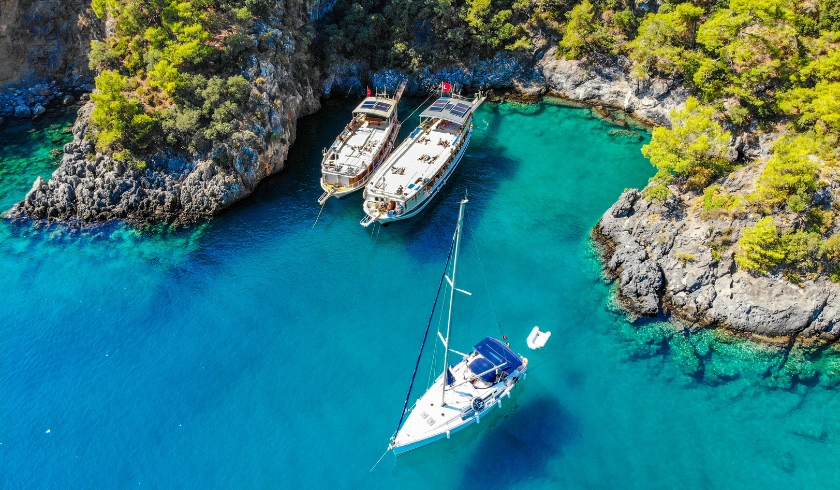
Aside from the educational aspect, sustainable boat trips present numerous benefits to travelers, local communities, and the environment. The selection of environmentally safe fuels guarantees a decrease in emissions from the engine during your trip, improving air quality across marine habitats.
Sustainable boat trips provide employment to the local community where operations take place and are a powerful tool for promoting socioeconomic development. Finally, tourists are given the opportunity to experience unique aspects of the world that engage all their senses, enhancing their overall travel experiences.
Conclusion

Sustainable boat trips are a way to promote conservation efforts while enhancing the travel experience. The importance of conservation awareness cannot be understated, and tourism has an essential role to play in the process. Sustainable boat trips provide an opportunity to experience marine life while contributing to conservation efforts.
Furthermore, responsible tourism that incorporates an understanding of conservation policies, as well as community efforts to restore aspects of marine habitats, can play a vital role in promoting cultural preservation and socioeconomic development. In the end, it is left to travelers to make responsible choices that will benefit the environment, the local community, and the traveler themselves. The fusion of a responsible, educational, and adventurous excursion during a sustainable boat trip shows how much impact one single human can have on marine conservation.
Cover image: photo via Canva PRO
